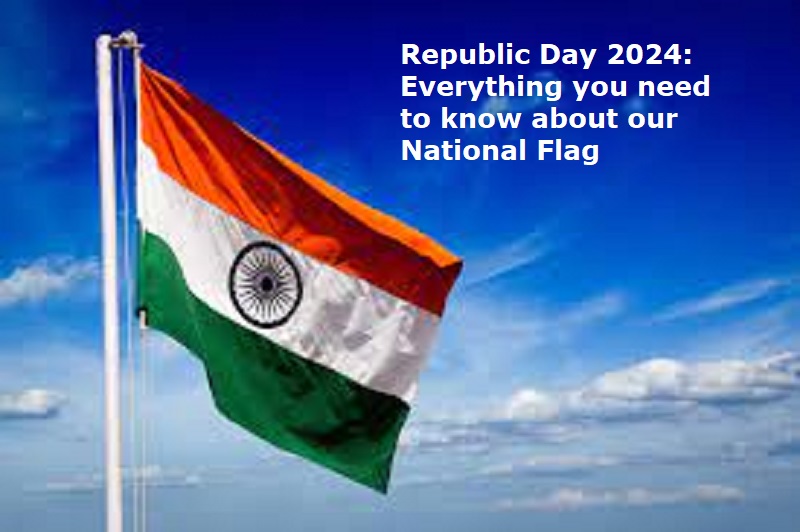
New Delhi: Our national flag was adopted in its present form during the meeting of Constituent Assembly held on the 22 July 1947. The flag is made from khadi which is domestically spun Indian cotton as a symbol of nationalism and freedom.
The National Flag is a horizontal tricolour of India saffron (kesaria) at the top, white in the middle and India green at the bottom in equal proportion. The ratio of width of the flag to its length is two to three. In the centre of the white band is a navy-blue wheel which represents the chakra.
Saffron colour represents the nation’s fortitude and strength. The white centre band on the Dharma Chakra denotes harmony and truth. The green colour represents the India’s fertility, growth, and good fortune.
Also Read: Volvo to recall more than 17,000 XC40 models: Know the reason
The central navy-blue wheel has its shape similar to the wheel that can be seen on the abacus of the Sarnath Lion Capital of Ashoka. It has 24 spokes, and its diameter is approximately equal to the width of the white band.
The Indian tricoloured flag was designed in the year 1916 by Pingali Venkayya of Macchilipatnam.
The Bureau of Indian Standards had laid out the manufacturing process and specifications for the flag, while the right to manufacture the flag is held by the Khadi Development and Village Industries Commission.
The Flag Code of India governs the usage of the Indian National flag and other laws relating to the national emblems.

Post Your Comments